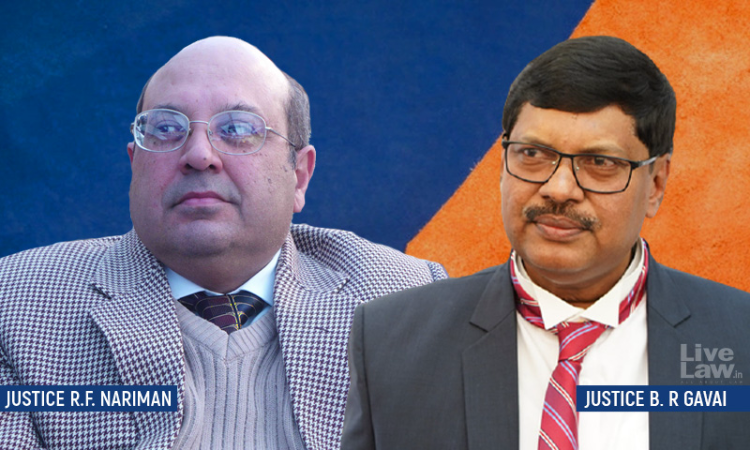The Supreme Court observed that timeline for pronouncement of judgment prescribed in Order XX of the Code of Civil Procedure does not apply to the High Court.In this case, the Division Bench of the Himachal Pradesh High Court set aside a judgment of the single judge on the ground of delay in delivery of judgment. The Division bench noted that the arguments in this case were finally concluded...

